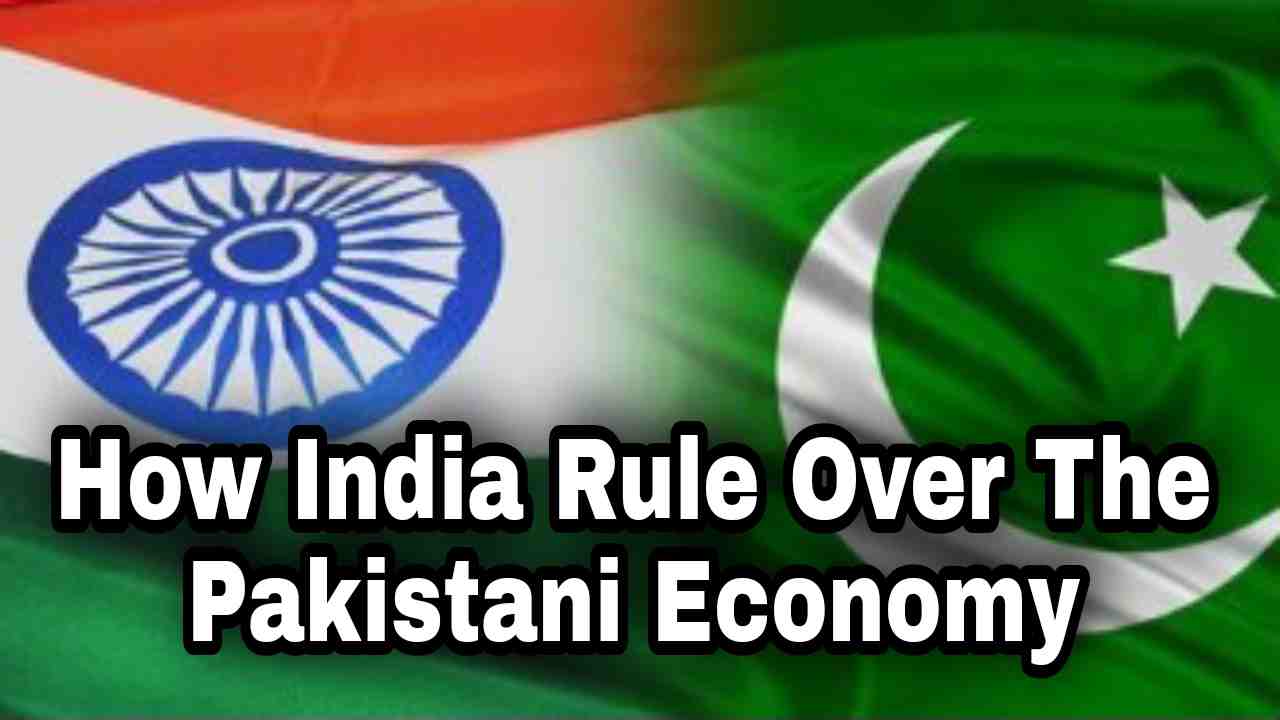Indian Think Tank Rule Over The Pakistani Economy
Introduction:
Gopinath, a 48-year-old Indian citizen, has become the Deputy Chief of the IMF, the second-highest ranking official in the country. Gopinath will oversee Pakistan's economic affairs.
She also visited India a month ago to seek guidance from Indian Prime Minister Narendra Modi, and will now look into the IMF's funding of crisis-stricken countries. Pakistan tops the list of countries where the current IMF-backed Governor SBP, Dr. Baqir, is holding the post with the consent of the government and the state.
SBP Governor Dr. Baqir is accountable to the IMF:
SBP Governor Dr. Baqir will hold Ms. Geeta Gopinath accountable for her proximity to the IMF. They will not be accountable to the government of Pakistan. Thus, in order to give unrestricted powers to the SBP, the government is working day and night to make changes in the law that are contrary to the constitution of Pakistan.
The finance minister says if the IMF lends one billion dollars in January, it will be able to get loans from other international financial institutions.
Two key conditions in the IMF budget negotiations:
It is pertinent to mention here that the IMF has already laid down two important conditions in the post-budget negotiations, including the implementation of a new tax money budget of Rs 350 billion and giving unrestricted powers to the SBP as per the IMF order.
It is to be noted that an amendment bill is in progress in the legislature which after its approval the SBP will not be accountable to the government of Pakistan. ۔
Gita Gopinath in the mirror of history:
The International Monetary Fund (IMF) appointed Geeta Gopinath as its chief economist two years ago. When Geeta Gopinath took over her new responsibilities as Chief Economist at the end of 2018, she became the first woman to head the IMF's research department.
Gita Gopinath's research includes macroeconomics and international finance, including exchange rates, trade, capital flows, production and credit.
Recommendations of IMF Chief Economist Geeta Gopinath to the Government of India:
In September 2021, to show the world perhaps, the IMF's chief economist had recommended that the Indian government should focus on fundamental reforms, "bank clean-up" and labor reforms. He advised India that with the lowest economic growth rate in six years, the Indian government should focus on fundamental reforms, bank clean-up and labor reforms and reduction of domestic products.
He added that the slowdown in the Indian economy has taken the world by surprise. "Given the challenges facing the revolving Indian economy, he recommended that policies focus on addressing the slowdown in domestic demand and help create jobs in the medium term and promote productivity growth. '
Chief Economist Gopinath's Recommendations to the Government of Pakistan:
On the contrary, it is the Chief Economist Gopinath's directive from the IMF to close the doors of employment, trade and industry to Pakistan. Apart from the agrarian crisis in India, rising commodity prices and shortage of loans available in banks, and massive decline in manufacturing in domestic consumption, India's GDP growth is limited to 4. 5%, but IM loans continue and India conditions.
Not fulfilling, but the loan is getting and will continue to get. In addition, India is getting loans from other international financial institutions and countries.
The opinion of Pakistani experts:
Pakistani economists have been saying for years that international financial institutions, including the World Bank and the Asian Development Bank, want Pakistan to have its economic policies ratified by the IMF and the IMF before lending to Pakistan.
It is surprising that the current SBP Governor Raza Baqir, who came to Pakistan from the IMF during his tenure in 2019 and 2020, has said that the economy will improve after the loan program under the Structural Adjustment Program. "Money from friendly countries for the financial year cannot be a substitute for loans from IMF," he said. This situation has now been turned into his own governorship so that the government of Pakistan can continue to receive loans from the IMF.
Relations with IMF indebted countries:
The IMF is a global financial institution established in December 1945. It is headquartered in Washington, DC. It currently has 189 member countries. The agency lends to almost all countries, which are included in the external debt of those countries.
Along with these loans, certain conditions are imposed on the indebted countries, which critics believe that these conditions often worsen the indebted country's economic situation instead of improving it. The need to change the structure of international institutions such as the IMF is being felt more and more overtime.
Summary/Conclusion:
It is imperative for Pakistan to curb financial corruption as much as possible, to devise a strategy to shift the bulk of the remittances to investment in the country instead of using remittances to reduce current accounts and to reduce GDP.
The ratio must include 7% for education and 4% for health. Without these measures, improvement of the economy and the condition of the common man and protection of national security is not possible.
If, God willing, these reforms are not carried out, the threats to the economy and national security will continue to grow. The main reason for this is that the IMF is now in the hands of India, Pakistan's biggest enemy. This enemy country has completed its plan to rule the Pakistani economy?
You may be interested in:
Health News|sports News|World News |Business News|Technology News|Science News|Entertainment News |cryptocurrency News








0 Comments